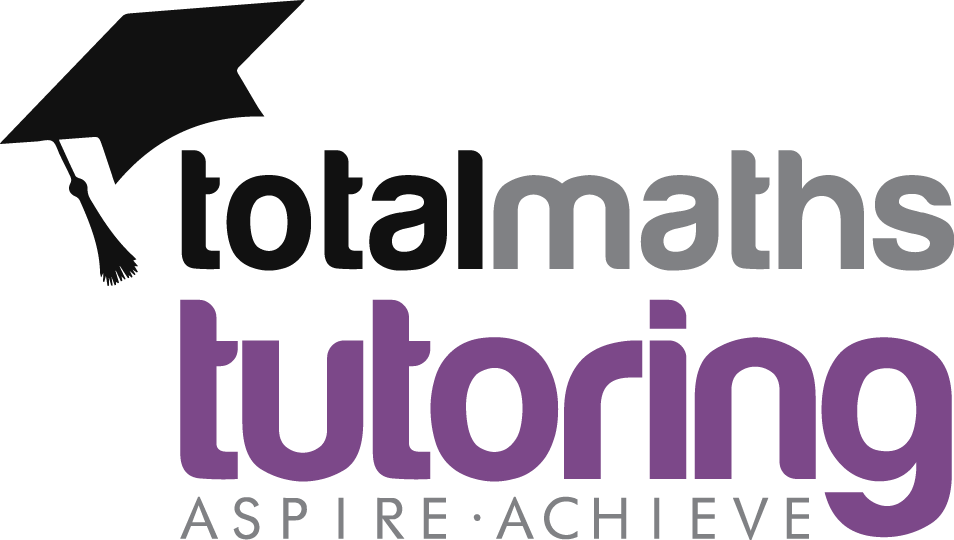GCSE Maths is an important qualification to gain, no matter what your next steps are going to be. For some students, a top grade is important to do an A-level in Maths or Science. For others the grade may be important to gain access to a certain college or sixth form. There is also added pressure for some students, with the prospect of repeating their Maths GCSE post sixteen if they don’t achieve a grade 4.
This can potentially make year 11 a very stressful time for students and their parents or carers. Some students already find Maths difficult, with the added stress of potential failure and exam pressure only increasing this difficulty.
An interested, enthusiastic and positive support network can be the thing that makes the real difference for students; however a lot of parents and carers can shy away from helping students with their Maths. One of the most common things we hear as tutors is “I was never any good at Maths”, or “it’s all changed since I was in school”. There is a lot of truth in these statements; however there are still plenty of things that can be done to help, without needing to be the world’s best mathematician. But what sort of things can we do to help students, without appearing too intrusive and “naggy”?
Make sure they have a workspace – A good workspace should provide an area for them to keep their books, it needs to be warm, quiet and most importantly, free of distractions. A bedroom isn’t the best place for this, with all their stuff in there, privacy and distractions, it is too easy to avoid study. If the bedroom is the only place they have, operate an open door policy when studying so you can keep an eye on them.
Communicate with school – As a parent, you generally only meet the maths teacher once a year, with the odd phone call in between for particularly low or high achieving students, or those presenting behavioural problems in class. The student, who goes in to class, does what they’ve been asked to and achieves in the middle academically, generally doesn’t get much contact from the teacher. Be proactive in overcoming this. Email the school and ask how they are progressing; is there anything extra they could be doing at home, are there particular things they need to focus on? This email highlights to the school that you are a supportive parent, keen to help your child improve, which opens a line of communication with the teacher that wasn’t previously there. If there are any small issues from now on, you are much more likely to get contact from the teacher with this line of communication in place.
Help them get organised – Teenagers (and lots of adults too) can have a tendency to procrastinate, and put things off, not working as productively as they could do. As a parent you can help with this.
Make a timetable of a typical week, add all of their other commitments in, and identify the times in that week that are available to study. Be realistic with this and If there is no time within the week to study, you need to have a conversation about what they can change to make that time. Aim to try and find time slots of an hour each, with 50 minutes study, followed by a 10 minute break. Encourage them to put their phone away in the 50 minutes, doing all of their socialising in the 10 minute break if possible. The sooner students make this timetable and organise their time, the greater the benefit will be when exam season comes around. Display the timetable and make sure the student is sticking to it as much as possible to begin with. Life happens and things do come up, the timetable won’t get stuck to every week, but working towards this ideal is a massive help.
Incentivise them – We all like a reward for working hard. That might be a physical reward such as a sweet treat, or something more personal such as control of the TV remote or being let off dishwasher duties. You know your child best and what works for them, but try and reward them for their effort, rather than their results. Maybe they have a chart where hours they have spent studying get logged, with rewards tied in with it. Giving them a reward for performing well in a test doesn’t tend to have the same effect, however rewarding positive behaviour and effort is shown to increase a student’s motivation to do more.
Learn along with them – If your maths is not up to speed look at this as an opportunity to brush up on your maths skills. Get a revision guide, read up on topics and then start asking about them. If they can explain key concepts and facts to you, this displays a much higher level of understanding and helps cement knowledge. If there are certain topics you don’t feel comfortable with, or perhaps the student is doing higher tier, you could look into some private tutoring to help with this.
Put up basic formulae on flash cards around the house and test the student regularly– There are a dozen or so formulae that students need to memorise for their exams. Pop them up in the bathroom or on the fridge and give them a quiz on them whenever you can. If you’d like to take this further, there are revision cards available from Corbett Maths with lots of topics reduced into a flash card to help revision.
Making these changes, and making them early will really help your student to succeed. By doing this you are reducing the loneliness and helplessness some students can experience in maths, showing that you care about their success and that you are working through it together.
